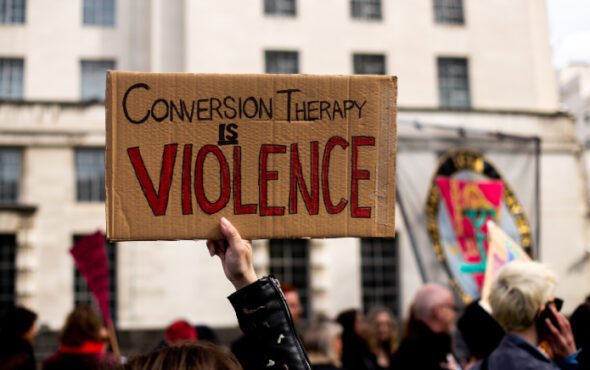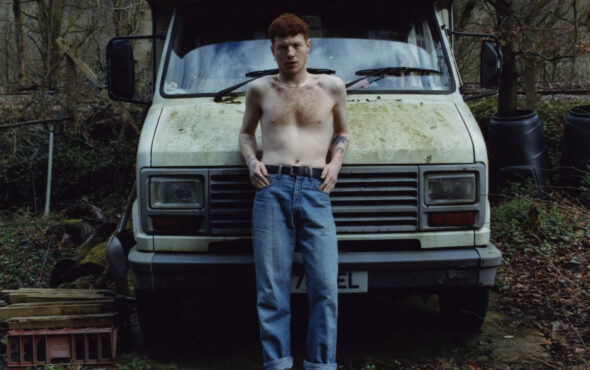
Legislation to ban ‘conversion therapy’ has been announced in Belgium, bringing an end to the cruel practice for all LGBTQ+ people.
The state’s Secretary for Gender Equality, Equal Opportunity and Diversity, Sarah Schlitz, gave more details in a press release.
“Belgium is a pioneer in the field of LGBTQ rights,” part of it read. “Numerous legislative reforms and social efforts bear witness to this, but a ban [on conversion practices] was sadly missing from our legislative arsenal.”
Belgium is known for having comprehensive legal protections for LGBTQ+ people.
This includes proposed legal recognition of non-binary identities, announced in 2021.
Belgium also has the most senior transgender politician in Europe. Petra de Sutter became deputy prime minister in 2020.
‘Conversion therapy’ is typically defined as any attempt at changing or suppressing a person’s sexuality or gender identity, often involving techniques such as electroshock therapy or prayer.
It has been widely condemned by health experts and bodies all over the world, including the National Health Service and the World Health Organisation, with some comparing it to torture.
A commitment to banning ‘conversion therapy’ was first made by Theresa May’s administration in 2018, though is yet to be implemented in the UK.
The UK government revealed they intend to only ban ‘conversion therapy’ for sexuality, excluding trans and non-binary people from the protections earlier this year.
The planned laws in Belgium would mean those convicted face up to two years imprisonment and/or a fine of up to €300 (£258).
The length of sentence and cost of fine would depend on whether the perpetrator was in a position of authority, trust or influence, and whether the victim was a minor or in particularly vulnerable circumstances.
“The opportunity to be yourself and the freedom to live the way you want is a fundamental principle of our society that must not be compromised under any circumstances,” Schlitz added. “This prohibition is a powerful act to protect the victims from this symbolic, psychological and sometimes physical violence.”



